The Ultimate Guide to Hair Conditioners: Everything You Need to Know
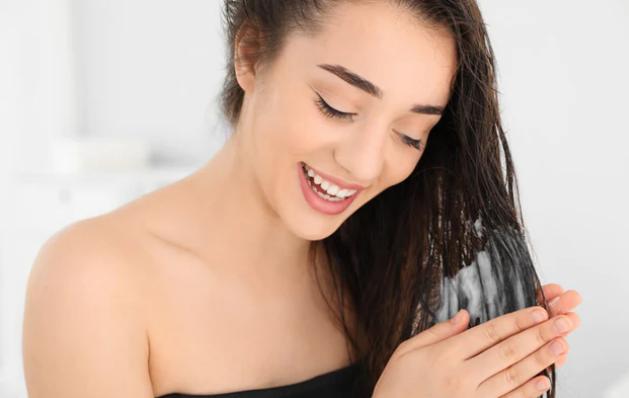
Hair care is a critical part of any beauty routine, and while shampoos often take the spotlight, the importance of hair conditioner cannot be overstated. A quality conditioner not only improves the texture and manageability of your hair but also locks in moisture, protects against damage, and enhances shine. Whether you have straight, curly, dry, or oily hair, understanding how conditioners work and choosing the right one for your hair type can transform your hair from dull and lifeless to healthy and vibrant.

In this detailed guide, we’ll explore everything about hair conditioners—from the types, benefits, and ingredients to how to choose the right one for your hair type.
1. What is a Hair Conditioner?
A hair conditioner is a moisturizing agent that coats the hair shaft and helps to restore moisture, softness, and shine. Its primary purpose is to reduce friction between strands of hair, making it easier to detangle and style without causing damage. Conditioners work by replenishing the moisture that shampoos strip away and sealing the hair cuticle to prevent environmental damage.
2. Why is Hair Conditioner Important?
Using a conditioner regularly provides numerous benefits that are essential for maintaining healthy hair. Here’s why it should be a staple in your hair care routine:
- Moisturizes Hair: Conditioners hydrate dry and damaged hair by providing a layer of moisture that protects the cuticle from breakage.
- Smoothes and Detangles: Conditioners soften the hair, making it easier to brush and detangle without causing split ends or damage.
- Protects Against Environmental Damage: Conditioners act as a protective barrier, shielding your hair from pollution, UV rays, and other environmental stressors.
- Enhances Shine: By smoothing down the hair cuticle, conditioners give hair a sleek, shiny appearance.
- Restores Strength: Certain conditioners are infused with proteins and keratin that help to rebuild damaged hair and improve strength and elasticity.
3. Types of Hair Conditioners
There are various types of conditioners, each designed for specific hair concerns and needs. Choosing the right type is crucial for maximizing the benefits of conditioning.
1. Rinse-Out Conditioners
The most common type of conditioner, rinse-out conditioners are applied to wet hair after shampooing and then rinsed out after a few minutes. They are designed to provide moisture, detangle, and smooth the hair.
- Best For: Daily use for all hair types.
2. Leave-In Conditioners
Unlike rinse-out conditioners, leave-in conditioners are applied to towel-dried hair and left in without rinsing. These conditioners provide extended hydration and protection throughout the day.
- Best For: Dry, damaged, or curly hair that needs extra moisture and protection.
3. Deep Conditioners / Hair Masks
Deep conditioners are formulated with a rich, creamy texture and are designed for occasional use. They penetrate deeply into the hair shaft to provide intense moisture, repair, and nourishment.
- Best For: Damaged, color-treated, or extremely dry hair that needs intensive care.
4. Cleansing Conditioners (Co-Washes)
Cleansing conditioners are designed to clean and condition the hair simultaneously. They are sulfate-free and much gentler than traditional shampoos, making them ideal for curly or coily hair that needs extra moisture.
- Best For: Curly, coily, or thick hair that is prone to dryness and breakage.
4. How to Choose the Right Conditioner for Your Hair Type
Conditioners are not one-size-fits-all, and selecting the right one based on your hair type and concerns will yield the best results.
1. For Dry Hair
Dry hair craves moisture, so opt for conditioners that are deeply hydrating. Look for ingredients like shea butter, argan oil, and glycerin that nourish and lock in moisture.
- Recommended Products: Deep conditioners, leave-in conditioners with moisturizing properties.
2. For Oily Hair
If your hair tends to get greasy quickly, go for a lightweight conditioner that won’t weigh your hair down. Look for oil-balancing formulas with ingredients like tea tree oil or rosemary, which help regulate sebum production.
- Recommended Products: Lightweight rinse-out conditioners, oil-control formulations.
3. For Curly or Coily Hair
Curly and coily hair types require extra moisture and frizz control. Look for rich, nourishing conditioners designed specifically for curly hair. These formulas typically include coconut oil, avocado oil, or castor oil.
- Recommended Products: Leave-in conditioners, deep conditioners, co-washes.
4. For Fine or Thin Hair
If your hair is fine, you need a conditioner that won’t weigh it down or make it look flat. Go for lightweight, volumizing conditioners that provide hydration without leaving a greasy residue.
- Recommended Products: Volumizing rinse-out conditioners, lightweight leave-in sprays.
5. For Color-Treated Hair
Color-treated hair is prone to damage and fading, so you need a conditioner that protects and preserves your color. Look for sulfate-free conditioners with UV protection and nourishing ingredients like keratin or silk proteins.
- Recommended Products: Color-safe conditioners, sulfate-free deep conditioners.
5. Key Ingredients to Look for in a Conditioner
The effectiveness of a conditioner largely depends on its ingredients. Here are some key ingredients to look out for based on your hair’s needs:
- Moisturizing Ingredients: Shea butter, coconut oil, aloe vera, glycerin, and jojoba oil help lock in moisture and soften hair.
- Proteins for Strength: Hydrolyzed keratin, silk proteins, and collagen strengthen the hair shaft and repair damage.
- Frizz Fighters: Dimethicone and silicones help to smooth the cuticle and prevent frizz, leaving hair sleek and shiny.
- Detangling Agents: Quaternary ammonium compounds (like cetrimonium chloride) help to detangle hair, making it easier to manage and style.
- UV Protection: Ingredients like sunflower oil and antioxidants protect color-treated hair from fading due to sun exposure.
6. How to Apply Hair Conditioner Correctly
The way you apply your conditioner can have a significant impact on its effectiveness. Here’s how to get the most out of your conditioner:
- Shampoo First: Always apply conditioner to clean hair after shampooing to ensure your hair is free of dirt and oil.
- Apply from Mid-Lengths to Ends: Focus the conditioner on the mid-lengths and ends of your hair, as these areas are most prone to damage and dryness. Avoid the scalp to prevent oiliness.
- Leave It On: Allow the conditioner to sit for at least 2–5 minutes before rinsing to give the ingredients time to penetrate the hair shaft.
- Rinse with Cool Water: Rinsing with cool water helps to seal the cuticle, leaving hair smooth and shiny.
7. How Often Should You Condition Your Hair?
The frequency of conditioning depends on your hair type and concerns:
- Daily Conditioners: If you have normal, healthy hair, a rinse-out conditioner can be used daily to maintain moisture and manageability.
- Deep Conditioning: For dry or damaged hair, use a deep conditioner or hair mask once a week for intense hydration and repair.
- Leave-In Conditioners: These can be used as needed, especially if your hair is prone to frizz or tangles throughout the day.
8. Common Myths About Hair Conditioners
There are several misconceptions surrounding the use of conditioners, but here are the truths:
Myth 1: Conditioner Causes Hair to Fall Out
Fact: Conditioner does not cause hair loss. Hair naturally sheds every day, and conditioning helps protect the hair that remains.Myth 2: Oily Hair Doesn’t Need Conditioner
Fact: Even oily hair needs conditioner, but opt for lightweight formulas to avoid excess greasiness.Myth 3: Conditioner Should Be Applied to the Scalp
Fact: Conditioner is best applied to the mid-lengths and ends, where the hair needs the most moisture. Applying it to the scalp can lead to buildup and greasiness.
Final Thoughts
A well-chosen conditioner can be transformative for your hair, making it softer, shinier, and more manageable. With the right ingredients and proper application, conditioners are a vital part of a balanced hair care routine. Whether you have dry, damaged, oily, or curly hair, there’s a conditioner out there that’s perfect for your specific needs. Incorporate it into your routine and watch your hair become healthier, stronger, and more vibrant with every use!
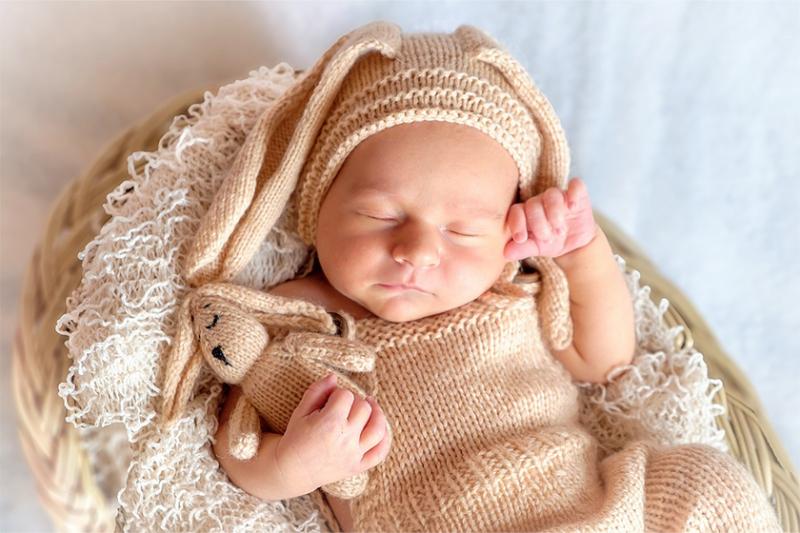
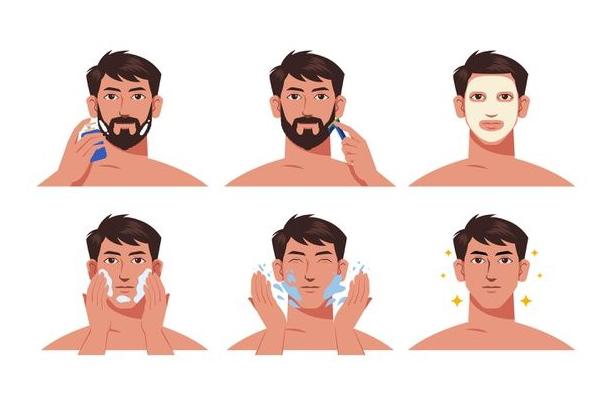
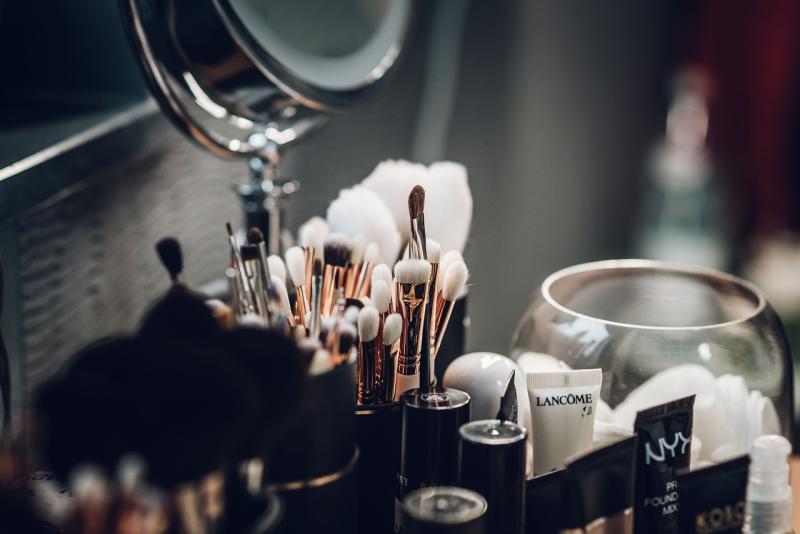
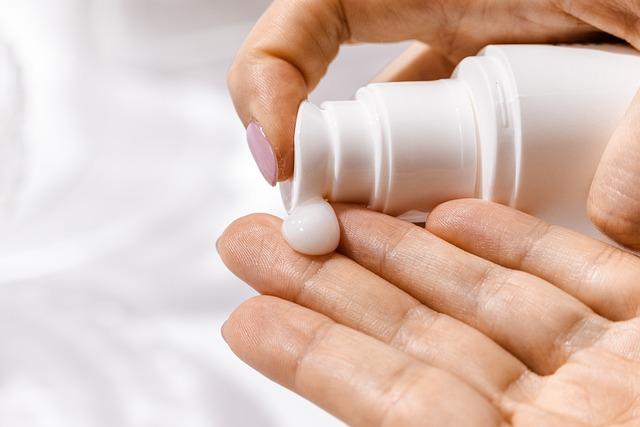
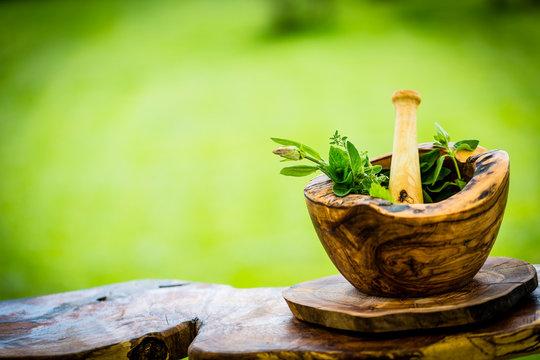


Comments